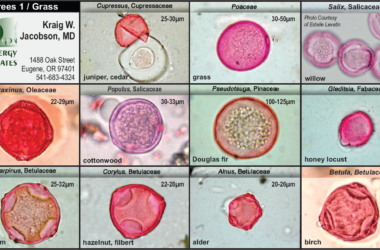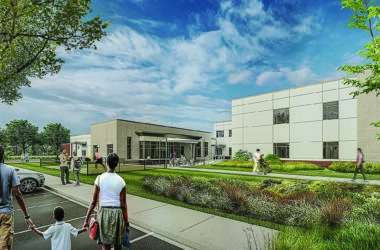 Damon Armitage, MD
Damon Armitage, MD
One of the most common conversations in the primary care setting is about blood pressure. This should not be surprising, since according to American Heart Association 2018 statistics almost half of adult Americans have high blood pressure by current standards. In fact, a substantial portion of individuals with high blood pressure are not even aware that they have it. After all, chronic moderate high blood pressure doesn’t make you feel bad. It doesn’t make you tired, or decrease concentration or even cause vision changes. It doesn’t make you nauseous or lightheaded, like many people think. In the vast majority of cases it is a silent disease, often for decades. Which raises the question, why do we care? Why should we spend resources on the treatment of something that is largely invisible?
The answer has to do with the long-term effects of high blood pressure. Over time, elevated blood pressure increases the workload on the heart. This leads to enlargement and ultimately pump failure, and can also cause stiffening of the walls of the heart and blood vessels. This decreases the body’s ability to respond to any need for increased oxygen or blood supply. Ultimately, high blood pressure can increase the risk substantially for stroke and heart disease, and kidney disease. This organ damage is what we are trying to avoid in the long term when we have discussions with patients about high blood pressure.
This conversation becomes much more difficult when providers have to explain to a patient that the medicine they will be taking for their high blood pressure may actually make them feel worse! Most blood pressure medicines have at least some side effects, even if it is just decreased energy with the decreased blood supply that comes with lowering blood pressure. It is hard enough to remember to take a medication every day, and even harder when you can’t feel it doing anything helpful.
Another frustration for many patients is trying to understand what causes high blood pressure. In fact, close to 90 percent of patients with high blood pressure have what is called ”essential” high blood pressure. This is a medical code for ”we have no idea what causes this problem” but sounds more dignified. But with further studies one thing has become increasingly clear: Even though the most dramatic effects of high blood pressure are seen in the cardiovascular system, high blood pressure is actually a disease process driven by the kidneys. This is because the kidneys are responsible for managing fluid volume, as well as the delicate balance of the different salts and proteins required for regular metabolism. That is why many patients with high blood pressure are actually sensitive to salt intake, especially if they have existing kidney disease or decreased blood flow to the kidneys for some reason.
As with many disease processes the best cure is still prevention. While there are many medications that effectively and safely reduce blood pressure, there are also several things you can do on your own to lower blood pressure and improve your overall health. Stress reduction and exercise, and even meditation or yoga can help blood pressure reduction. Adequate hydration throughout the day has been shown to help with blood pressure management (unless you have kidney or heart failure – then the rules change).
Maintaining a healthy weight is important because extra adipose tissue means extra miles of blood vessels and increased circuit resistance, which means increased pressures for flow and increased workload. Avoid tobacco and drugs that raise blood pressure, and keep alcohol consumption to 0-2 drinks a day.
Most importantly, have your blood pressure checked at least once a year and if it is elevated don’t be afraid to talk to your doctor about what you can do to manage it effectively.







